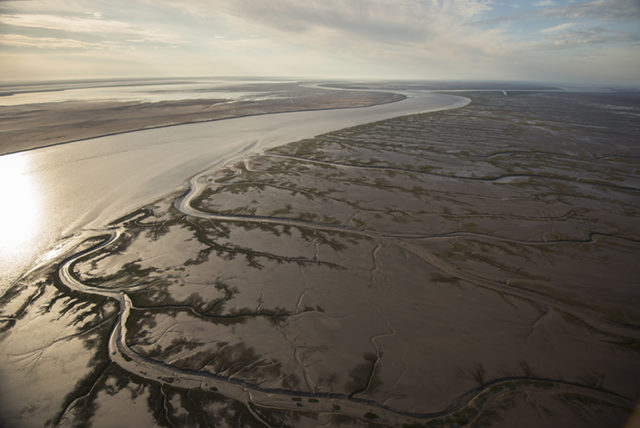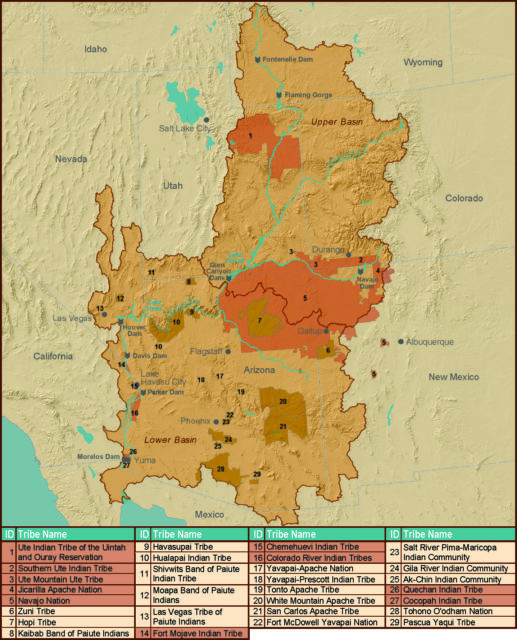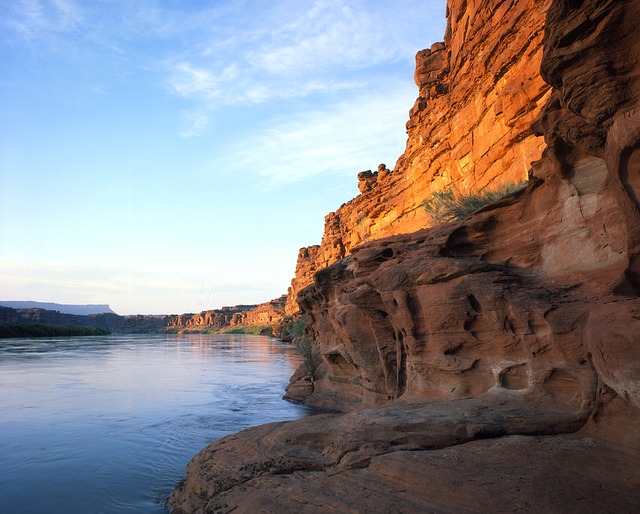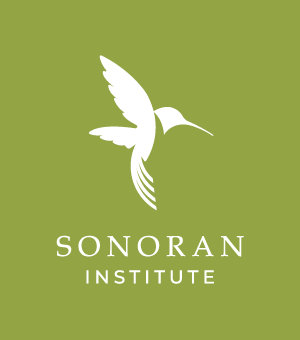
In prior basin-wide agreements, tribal water rights and water use were not given enough consideration. And yet, tribes hold legal rights to over 20 percent of the river—comprising some of the most senior water rights, and which will increase as additional water settlements are settled throughout the basin.
It’s no surprise that Colorado River water shortages are likely in the coming decade. Seven basin states in the U.S., Mexico, tribal sovereign nations, and stakeholders will be coming together next year to develop and agree on guidelines to “share the shortage” that will be put in place by the end of 2026. The basin-wide discussion process can be strengthened with increased inclusivity and transparency.
Both the challenges and opportunities in this process are outlined in a recent report, Toward a Sense of the Basin, published by the Water and Tribes Initiative. This partnership of tribes and other leaders in the Colorado River basin are working to enhance the capacity of tribes and to promote sustainable water use through collaborative decision-making. More than 100 interviews with leaders in the basin and discussions conducted at two workshops define areas of agreement which are explored in the report. A culture of collaboration already exists in the Colorado River basin and the Water and Tribes Initiative’s report acknowledges and seeks to build on this precedent to “provide multiple opportunities for all sovereigns and stakeholders to be meaningfully involved in developing the next set of guidelines.”

What is especially notable, however, is the general consensus among participants about the role of tribal leaders in shaping the future of the river. In prior basin-wide agreements, tribal water rights and water use were not given enough consideration. And yet, tribes hold legal rights to over 20 percent of the river—comprising some of the most senior water rights, and which will increase as additional water settlements are settled throughout the basin.
From a conservation standpoint, the report finds significant agreement on the need to strike a better balance in managing the river to preserve “the ecological, cultural, sacred, environmental, recreational, and natural values of the river,” as well as ensuring “basic access to water.” Water is more than just a commodity; water defines indigenous cultures, is embedded in spiritual beliefs, and as made clear during the COVID-19 pandemic, a lack of water restricts the ability to meet medical and health directives.

Water is more than just a commodity; water defines indigenous cultures, is embedded in spiritual beliefs, and as made clear during the COVID-19 pandemic, a lack of water restricts the ability to meet medical and health directives.
The report shows that articulating a long-term, comprehensive vision for the river will need to acknowledge the importance of these values and will implore that they are balanced with providing water to cities and farmers. Developing Colorado River guidelines for the year 2026 requires creating a unified and equitable system of managing the river, as Minutes 319 and 323 and the 2019 Drought Contingency Plan have begun to do.
Reaching more transparent and inclusive shortage sharing guidelines include critical prerequisites: the participation of tribes and Mexico as recognized sovereign governments, and the meaningful participation of farmers, ranchers, conservation groups, and other non-governmental organizations. Discussions and the decision process will require difficult conversations that assess many of the historic assumptions and philosophies that have defined Colorado River management.
Drafting the next set of guidelines offers an occasion to address long-standing concerns and assumptions around available water supplies, water delivery obligations between the upper basin and the lower basin and Mexico, water for the environment, and the priority of tribal water rights, delivery, and use. As an advocate for collaborative approaches and innovative solutions that have been successfully adopted in prior basin-wide agreements we know the opportunity is here. Sonoran Institute looks forward to engaging in and supporting a new round of shortage-sharing discussions and working with tribal and other leaders and scientists to develop solutions to the Colorado River’s “wicked” water challenges.
Blog post by: John Shepard, senior director of programs, and Dave Wegner, board member.
